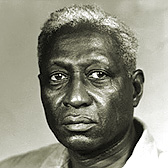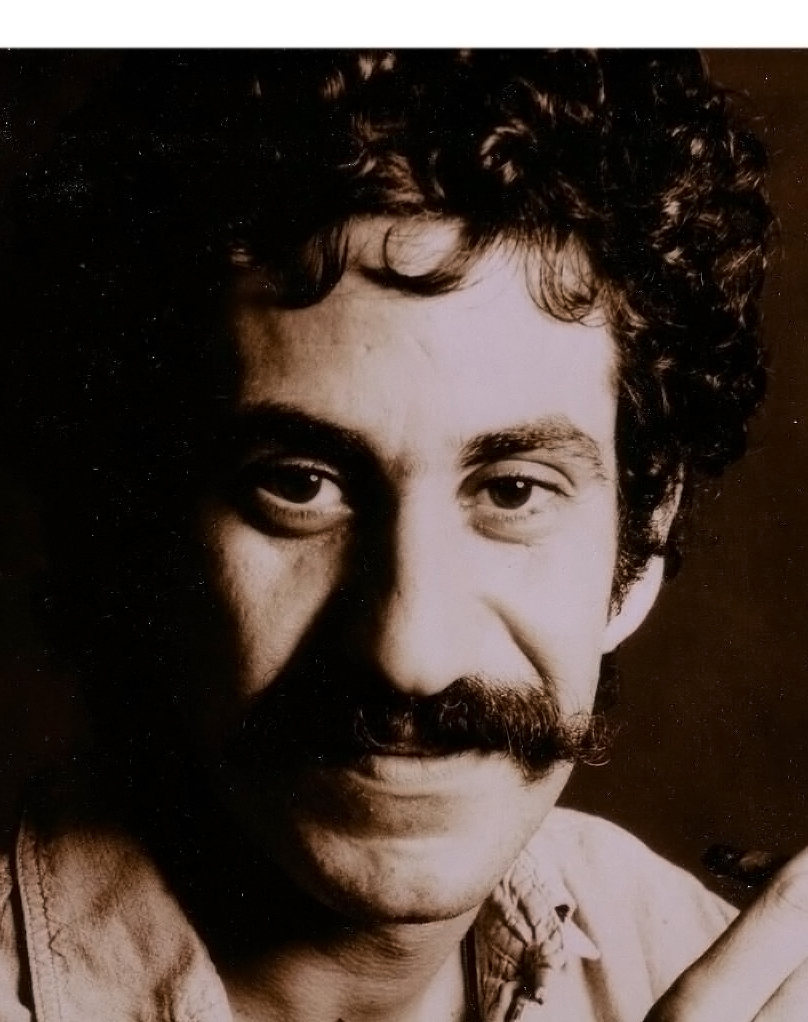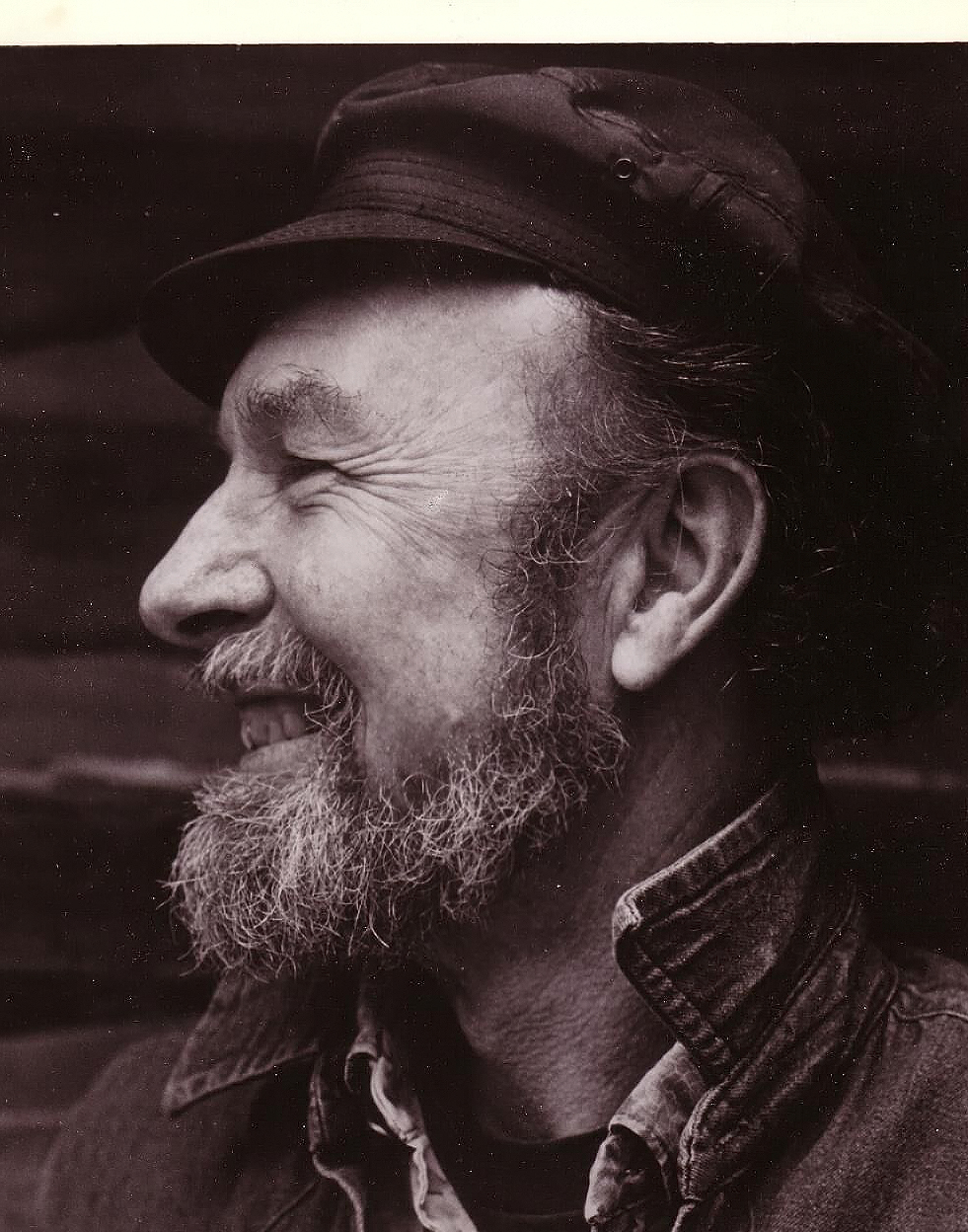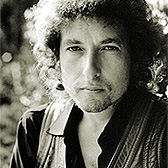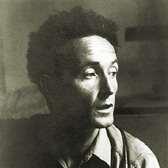
Acclaimed father of American folk music
Woody Guthrie
InducteeHonored by SHOF with Pioneer Award in 2012
Woodrow Wilson Guthrie was born on July 14, 1912, in Okemah, Oklahoma, the second-born son to Charles and Nora Guthrie. Woody was both a precocious and unconventional boy from the start. A keen observer of the world around him, during his early years in Oklahoma, Woody experienced the first in a series of tragic personal losses which would haunt him throughout his life. The death of his older sister Clara, his father's financial and physical ruin, and the institutionalization of his mother, devastated Woody's family and home, forming a uniquely wry and rambling outlook on life.
In 1931, when Okemah's boomtown period went bust, Guthrie left for the panhandle town of Pampa, Texas, where in 1933 he fell in love and married Mary Jennings, the younger sister of a friend and musician named Matt Jennings. Together, Woody and Mary had three children, Gwen, Sue, and Bill. It was with Matt Jennings and Cluster Baker that Woody made his first attempt at a music "career," forming The Corn Cob Trio. However, if the Great Depression made it hard to support his family, the Great Dust Storm which hit the Great Plains in 1935, made it impossible. Due to lack of work, and driven by a search for a better life, Woody headed west along with the mass migration of "dust bowl refugees" known as "Okies." These farmers and unemployed workers from Oklahoma, Kansas, Tennessee, and Georgia had also lost their homes and land, and so set out with their families in search of opportunities elsewhere. Moneyless and hungry, Woody hitchhiked, rode freight trains, and even walked to California, developing a love for traveling on the "open road" - a practice which he would repeat often.
By the time he arrived in California, in 1937, Woody had experienced the intense scorn, hatred, and antagonism of resident Californians who were opposed to the influx of "outsiders." Woody’s identification with "outsider" status would become part and parcel of his political and social positioning, one which gradually worked its way into his songwriting, as evinced in his Dust Bowl Ballads such as I Ain't Got No Home, Goin' Down the Road Feelin' Bad, Talking Dust Bowl Blues, Tom Joad and Hard Travelin'.
His 1937 radio broadcasts on KFVD, Los Angeles, and XELO (just over the border in Mexico) brought Woody and his new singing partner, Maxine "Lefty Lou" Crissman wide public attention, while providing him with a forum from which he could develop his talent for controversial social commentary and criticism on topics ranging from corrupt politicians, lawyers, and businessmen to praising the humanist principles of Jesus Christ, Pretty Boy Floyd, and Union organizers.
Never one to become comfortable with success, or being in one place for too long, in 1939 Woody headed east for New York City, where he was embraced for his Steinbeckian home-spun wisdom and musical "authenticity" by leftist organizations, artists, writers, musicians, and other intellectuals, "I sang at a hundred IWO (International Workers' Order) lodges and met every color and kind of human being you can imagine."
Lead Belly, Cisco Houston, Burl Ives, Pete Seeger, Will Geer, Sonny Terry, Brownie McGhee, Josh White, Millard Lampell, Bess Hawes, Sis Cunningham, among many others, became Woody's friends and collaborators, taking up such social causes as Union organizing, anti-Fascism, strengthening the Communist Party, and generally fighting for the things they believed in the only way they knew how, through political songs of protest.
In 1941, folklorist Alan Lomax recorded Woody in a series of conversations and songs for the Library of Congress. At the same time, Woody recorded extensively for Moses Asch, founder of Folkways Records. The recordings from this period, which have been reissued under the Smithsonian Folkways label, continue to be "touchstones" for young songwriters everywhere.
Guthrie continued to write songs and perform with the Almanac Singers, the politically radical singing group of the late 1940s, some of whose members would later re-form as the Weavers, perhaps the most commercially successful and influential folk group of the late 1940s and early 1950s. Most recognized of these songs include This Land Is Your Land and So Long, It's Been Good To Know Yuh.
Woody received an invitation to write songs for a documentary film project about the building of the Grand Coulee Dam. The Bonneville Power Authority placed Woody on the Federal payroll for a month and, there, he composed yet another remarkable collection of songs: The Columbia River Songs, which include Roll on Columbia and Grand Coulee Dam. Despite Woody's constant traveling and performing during the 1940s, and with the final dissolution of his first marriage, Woody strenuously courted an already married young Martha Graham dancer named Marjorie Mazia. Woody and Marjorie were married in 1946 and settled in Coney Island, New York. They had four children - Cathy, who died at age four in a tragic home accident, Arlo, Joady, and Nora.
Moved by his passion against Fascism, Woody served in both the Merchant Marine and Army during World War II.
By the early 1950s, Guthrie's health began to decline. He was mistakenly diagnosed several times before learning he had Huntington's Chorea, which had no cure. Woody Guthrie died on October 3, 1967 at Creedmore State Hospital in Queens, New York.
Having lived through some of the most significant historic movements and events of the Twentieth Century - The Great Depression, the Great Dust Storm, World War II, the social and political upheavals resulting from Unionism, the Communist Party and the Cold War - Woody absorbed it all to become a prolific writer whose songs, ballads, prose and poetry captured the plight of "everyman." While traveling throughout the American landscape during the 1930s, 40s, and 50s, Woody's observations of what he saw and experienced has left for us a lasting and sometimes haunting legacy of images, sounds, and voices of the marginalized, disenfranchised, and oppressed people with whom he struggled to survive despite all odds. Although the corpus of original Woody Guthrie songs, or as Woody preferred "people's songs," are, perhaps, his most recognized contribution to American culture, the stinging honesty, humor, and wit found even in his most vernacular prose writings exhibit Woody's fervent belief in social, political, and spiritual justice.
In addition to his Songwriters' Hall of Fame honor, Woody has been inducted into The Rock and Roll Hall of Fame and Museum. He has received numerous awards, including the U.S. Department of the Interior's Conservation Award (1966) and Lifetime Achievement Awards from The Folk Alliance (1996) and the National Academy of Recording Arts and Sciences (1999).


